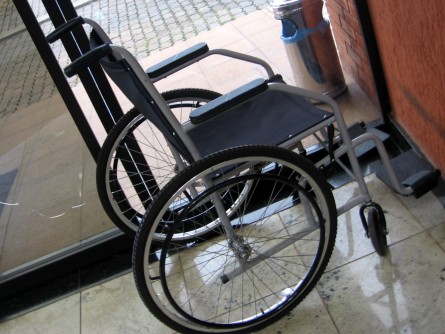It has become all but a cliché to suggest that economics drives poor people to make poor decisions. In Sunday’s New York Times, there is a long profile of Shanesha Taylor, a single mother in Arizona who was arrested for leaving two children (aged 2 and six months) in a car alone while she went to a job interview for over an hour. Two women heard the babies crying in the car—windows cracked, keys in ignition with fan blowing but no AC—and called the police, who charged Jones with a felony. According to the Times, “The police estimated that the temperature in the Durango when they found the children was more than 100 degrees.” The local prosecutor is “is handling three other cases — two fatal — in which children were left in cars. . . .”
The Times story is mostly devoted to the precarious financial circumstances of Shanesha Jones—her mounting debt, her dead-end jobs, her lack of childcare—that led her to put her children in this position. Surely her situation is not an envious one. And apparently the public weighed in on Jones’s side, paying for her bail and raising over $100,000 in addition. But she had three healthy children, parents who helped out sometimes, a father to the children who was in the picture, friends who took her in when she needed them, and a significant amount of government assistance.
So should we blame her economic situation for her decision to put her children in any kind of danger? Often we are too quick to assume that finances are enough to take away a person’s agency.
The notion that a poor economic situation drives decisions is also often used when explaining teen pregnancies. Poor women who have babies at a young age are either too ignorant to know how to use birth control or they see no future for themselves and so they just have babies because they feel they have no other options.
A recent article in the Guardian describes a study that seems to undermine these theories. In 2011, Maureen Phipps, the chair of the Department of Obstetrics and Gynecology at Women & Infants Hospital of Rhode Island, 59 percent of the teen mothers she interviewed “aspire to a career that requires at least a college degree.”
“Although educational achievement is lower for teen mothers, their aspirations do not necessarily differ from those of teens who do not become pregnant during adolescence,” Dr. Phipps is quoted as saying. In other words, while these women may not have formulated a particularly feasible plan—it is hard to go back to college once you have children—they did not have children because they felt they had no other options in life.
Our economic situations no doubt have a significant influence over major life decisions, but they are hardly the sole determinant.







It is hard for poor people to see the best course of action as the most rational one, unless they have hope. But hope is a theological virtue, not a cardinal one. That’s why they tend to need to have some kind of religion that features hope if they are to behave functionally.